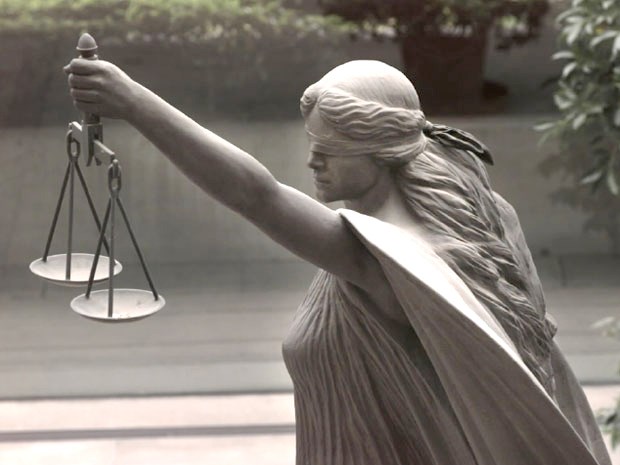The trial of a West Vancouver woman charged with employing a young woman from Tanzania illegally and forcing her to work 18-hour days at her British Properties home got underway Wednesday in B.C. Supreme Court.
Mumtaz Ladha, 60, a homeowner on Bramwell Road in the Properties, faces four counts under the Immigration and Refugee Protection Act, one of them related to human trafficking. Ladha has pleaded not guilty to all four counts.
The Crown called four witnesses on Wednesday morning after the trial got began an hour late. Two were representatives of the woman’s shelter where the woman — who cannot be identified — sought refuge from Ladha in June 2009.
Laurie Parker-Stuart, now retired, was a domestic violence counsellor working at the woman’s shelter. Stuart said she received a call from the Vancouver and Lower Mainland Multicultural Family Support Services regarding the young woman and asking for assistance.
“It wasn’t domestic violence in the usual sense,” said Stuart, adding there was “question as to whether it might be human trafficking.”
She said the woman, whom they referred to as “Isha,” was very closed and under stress.
“Not dissimilar from the demeanour of people coming in from a difficult situation,” said Stuart. “She didn’t really have anyone.”
The woman arrived without her passport and with only the clothes she wore, Stuart told the court.
West Vancouver police were then contacted to retrieve her passport from Ladha’s residence, as well as clothing.
West Vancouver police Const. Kelly English assisted in retrieving the woman’s passport from Ladha. English told the court she went to the house and Zahra Ladha, Ladha’s daughter, answered the door. English described entering the room in which the woman stayed. She said the room was small with a bed, cabinet, ensuite bathroom and no windows. When asked how much space there was to move around the room, English said “approximately three to four feet between the bed and cabinet.”
When the woman, accompanied by a worker from the shelter, came to the police station to get her passport, “she appeared to be of good health,” said English.
She said it’s not unusual for police to be called in to retrieve personal artifacts, or “keep the peace.”
Jessica Bryant, a receptionist at the woman’s shelter, also took the stand and told the court a woman, who did not identify herself, called the shelter looking for the victim on the morning of June 10, a day or two after the passport incident. Bryant said the caller was “upset and frantic,” so Bryant transferred the call to Stuart.
West Vancouver police Staff Sgt. Scott Findlay testified that he had also received a call inquiring after the woman from Zahra Ladha. He said he agreed to forward the woman’s file to the department’s information unit for review, and release only what was appropriate to Zahra. Findlay then received a call from the shelter.
“They were concerned because Ladha was requesting to speak with (the woman),” he said. Findlay told the court he contacted Zahra by phone and advised her of the shelter’s concern. He said he recalled, “advising the number of the shelter should not have been provided.”
“She was seeking information as to whether (the woman) had left of her own free will or not,” said Findlay.
Zahra told Findlay the woman’s family had contacted her and wanted to know the whereabouts of their daughter.
Stuart had testified earlier that disclosing the location of the shelter was a breach of confidentiality, putting both the person and the shelter at risk.
The trial is set to run until Oct. 1.



